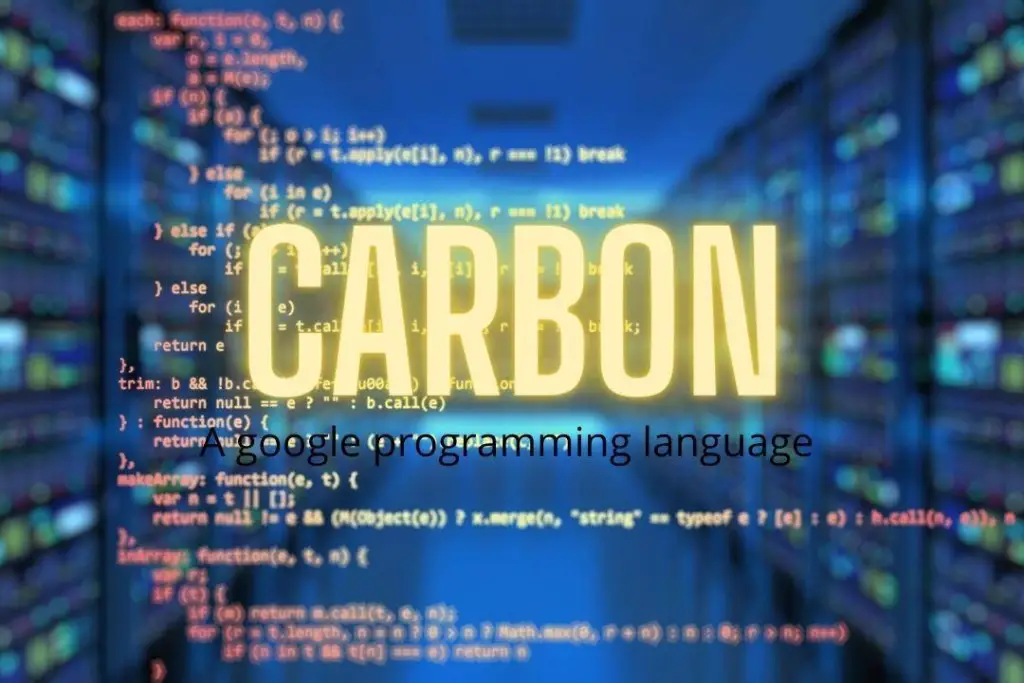Top 5 Fastest Programming Languages in 2025
Did you know that the choice of programming language can affect application performance by up to 40%? In today’s high-speed digital ecosystem, even milliseconds matter. As we navigate through 2025, the demand for lightning-fast applications continues to drive innovation in programming languages. Whether you’re building real-time systems, high-frequency trading platforms, or simply want your applications to deliver the best possible user experience, understanding which languages offer superior speed can give you a competitive edge.
The Need for Speed in Modern Programming
Before diving into our rankings, let’s understand why speed matters more than ever in 2025. With the explosion of IoT devices (projected to reach 41.6 billion by the end of 2025), AI applications, and real-time data processing systems, application performance has become critical. Users now expect instant responses, cloud computing costs are directly tied to processing efficiency, and competitive markets demand optimization at every level of the technology stack.
What Determines Programming Language Speed in 2025?
Several factors influence a language’s execution speed: compilation vs. interpretation, memory management, parallel processing capabilities, and optimization techniques. Modern languages in 2025 are evaluated based on their performance across multiple dimensions, including startup time, runtime performance, memory usage, and ability to utilize modern hardware architectures like multi-core processors and specialized GPUs/TPUs.
The Top 5 Fastest Programming Languages in 2025
1. Rust
Rust has cemented its position as the fastest mainstream programming language in 2025, combining C-like performance with modern safety features. With its zero-cost abstractions, ownership model that eliminates garbage collection pauses, and superb concurrency support, Rust consistently outperforms competitors in benchmarks. The January 2025 release of Rust 2.0 brought additional performance improvements through enhanced LLVM optimizations and better parallelization, making it the go-to choice for performance-critical systems.

2. Carbon
Google’s Carbon language, released as a stable 1.0 version in late 2024, has quickly risen to become one of the fastest programming languages available. Designed as a successor to C++, Carbon delivers near-native performance with a modernized syntax and built-in support for heterogeneous computing. Its innovative “compute graphs” feature allows for automated parallelization across CPUs and specialized hardware accelerators, giving it an edge in AI and scientific computing applications.

3. C++23
The latest C++ standard continues to deliver exceptional performance while adding features that make development more productive. With improvements to compile-time execution, better coroutine support, and enhanced SIMD (Single Instruction, Multiple Data) capabilities, C++23 remains a top performer. The language’s ability to generate highly optimized machine code and precise control over memory management keeps it firmly in the top ranks of the fastest programming languages in 2025.

4. Zig
Zig has moved from a niche system programming language to a mainstream performance contender. With its focus on simplicity, compile-time reflection, and manual memory management without sacrificing safety, Zig offers impressive speed for both CPU-bound and I/O-bound operations. Its ability to easily interoperate with C libraries while avoiding their pitfalls has made it particularly popular for embedded systems and performance-sensitive applications in 2025.

5. Swift
Apple’s Swift language rounds out our top five with its remarkable evolution into a high-performance, cross-platform language. Swift 6.0, released in early 2025, introduced the “Swift Accelerator” runtime that dynamically optimizes hot code paths. Combined with ARC (Automatic Reference Counting) for efficient memory management and improved concurrency through the async/await model, Swift delivers exceptional performance while maintaining developer productivity.

Which Fast Programming Language Should You Learn in 2025?
While speed is important, your choice should also consider ecosystem, learning curve, and application domain:
- For systems programming and maximum performance: Rust or C++23
- For bleeding-edge performance with modern features: Carbon
- For embedded systems with simplicity: Zig
- For Apple ecosystem and mobile development: Swift
The Future of Programming Language Performance
As we look beyond 2025, emerging trends like domain-specific compilers, hardware-specific optimizations, and AI-assisted code generation are reshaping how we think about language performance. The most successful languages are those that can adapt to these changes while maintaining their speed advantages.
Performance isn’t everything – developer productivity, ecosystem richness, and security features all matter too. But in an increasingly competitive digital landscape, choosing one of these fastest programming languages gives your projects the best foundation for speed-sensitive applications. Whether you’re building the next-generation trading platform, real-time analytics system, or just want your web applications to fly, these five languages offer the performance edge you need in 2025.












